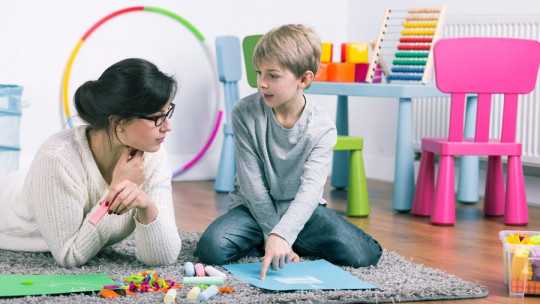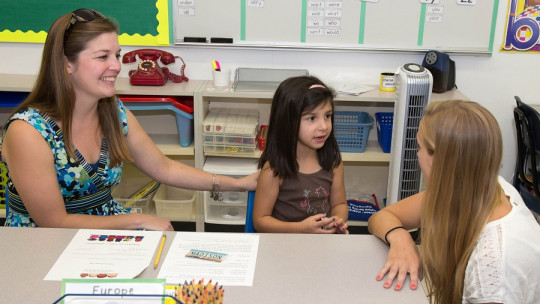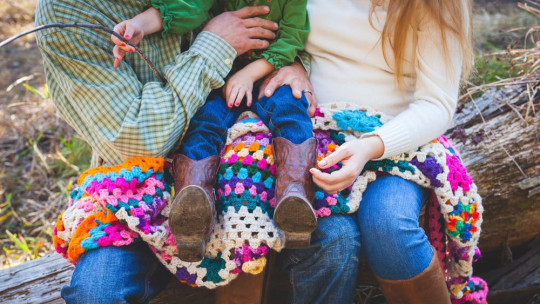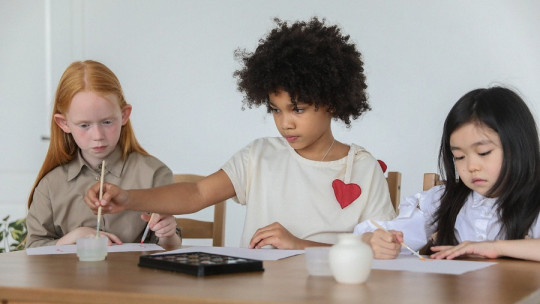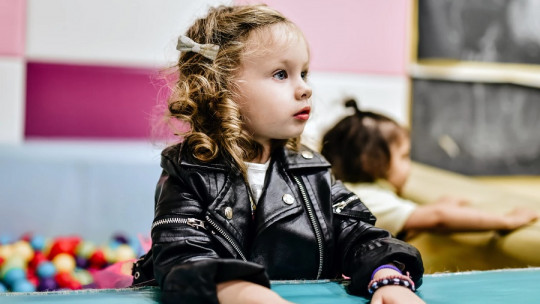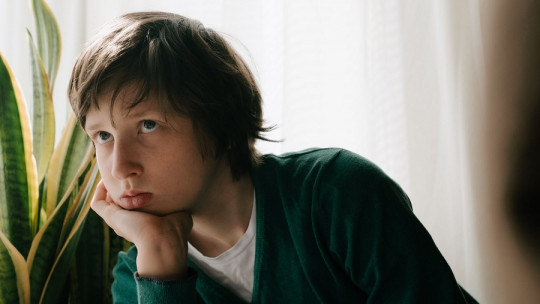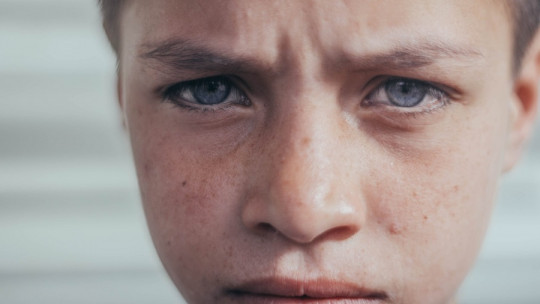The psychological interview for children is a tool which allows collecting information about the emotional, cognitive or behavioral situation of the children. It is one of the most used tools to carry out psychological evaluations and interventions.
In this sense, it is important to take into consideration some questions about its design and application. We will see below what some of these may be.
General characteristics of the psychological interview
In general terms, an interview is a method of collecting information. It is a tool that allows you to collect data through a series of questions on a particular topic. As such, it is a technique that can be used for very diverse purposes. Depending on these purposes, the interview is structured and applied in one way or another.
When it comes to a psychological interview, the general objective is to gather information about the set of manifestations that make up a person’s psychology. That is, know cognitive processes, sensations, perceptions, emotions, attitudes and even behavior
From this, one of the specific objectives of the psychological interview may be, for example, to know the way in which a person processes or retains information, to then carry out a specific intervention. The interview can also focus on exploring a particular experience, or, on the possible causes of any behavior or discomfort certain.
Generally, the collection of this information is aimed at offering a type of evaluation, determining the characteristics of a particular situation, or it can serve to establish a specific intervention guide.
Types of interview
The psychological interview can be designed in a structured or semi-structured or open manner.
The first case deals with a series of previously established questions whose order and enunciation do not allow to be modified at the time of making it.
In the second case, the interviewer can previously establish a script, although at the time of the interview allows the possibility of introducing new questions or omitting others This is a more flexible type of interview.
Finally, in the open interview a particular topic is previously established, but without the need to set specific questions, since at the time of the interview it is expected that the interviewee himself will have greater freedom to decide on the specific topics that he is interested in addressing.
Psychological interview for children: 7 strategies
The psychological interview carried out with a boy or girl can have different objectives, and it is from these that the script, time and application of the interview will be structured. In general terms, this type of interview requires paying attention to the child’s psychological resources, his evolutionary development, his interests and hobbies the sources of family and social support, their perception of the stability of their immediate contexts and their emotional coping strategies, and their ways of adapting to daily life.
That said, we will see below some guidelines that may be important to consider when designing and applying a psychological interview for children.
1. Set goals
The design of the psychological interview consists of determining its objectives and, from this, the script and structure. In other words, the questions They may be different depending on the purpose of the interview For example, the script will not be the same when trying to determine whether there has been an experience of domestic violence, as when it comes to evaluating the minor’s cognitive abilities.
2. Consider the child’s evolutionary cycle and its context
When conducting a psychological interview with children, the questions should be tailored to their zone of proximal development. Depending on how old you are, we can hardly expect him to sit still answering closed questions for a long period of time. In the same sense, it is important to avoid complex and long questions: the vocabulary must be accessible and close to the child.
3. Free techniques
Related to the above, the design of an open or semi-structured interview is recommended. That is to say, resort to free techniques (with questions that are not answered only with “yes” or “no”) and are not very directive. The feeling of being interrogated can be a source of significant stress for the child and hinder the interview process.
4. Avoid letting the question influence the answer
In the same sense, consider that the way in which the interviewer formulates a question often guides or influences the interviewee’s response, especially in the case of children. To avoid this, it is important to avoid overly specific questions. as well as tones of voice or forced approaches
5. The climate of trust
It is important to promote a climate of trust, security and freedom for the child. In this sense, the interview must be carried out in a protected environment, which allows an empathetic climate and with this, the expression of emotions, thoughts and behaviors.
In the same sense, respect silences and pauses, avoiding pressure to get a response that we probably expect. This means that it is necessary to adapt to the child’s emotional situation and respect their own times.
6. Pay attention to non-verbal language
When applying a psychological interview with children it is very important to take non-verbal language into consideration. This is because, according to the child’s stage of development, their cognitive abilities, their emotional situation and even their socioeconomic context, It may be that your linguistic resources are limited
Paying attention to non-verbal language, looks, silences, pauses, redness, gestures, repetitive movements, smiles, volume or tone of voice, etc., can facilitate understanding of the situations that are being a source. of conflict or satisfaction for the child.
7. Use the game
One of the most used strategies to conduct interviews with children is play. In general, games adapt more easily to the life cycle of children than direct questions. In addition, it is a close and attractive language for them. Especially It is important to use the game at the moment of rapport , since it is the situation that precedes the interview and that allows opening the climate of trust. It is also advisable to use during closure.
Again, the games used depend largely on the information we want to collect, and can range from memos to drawings or simulations of everyday life.

